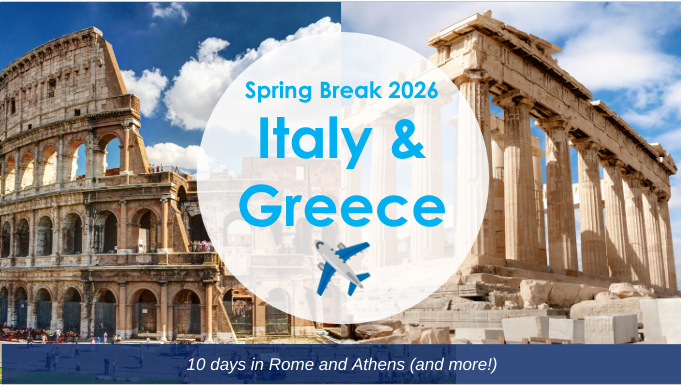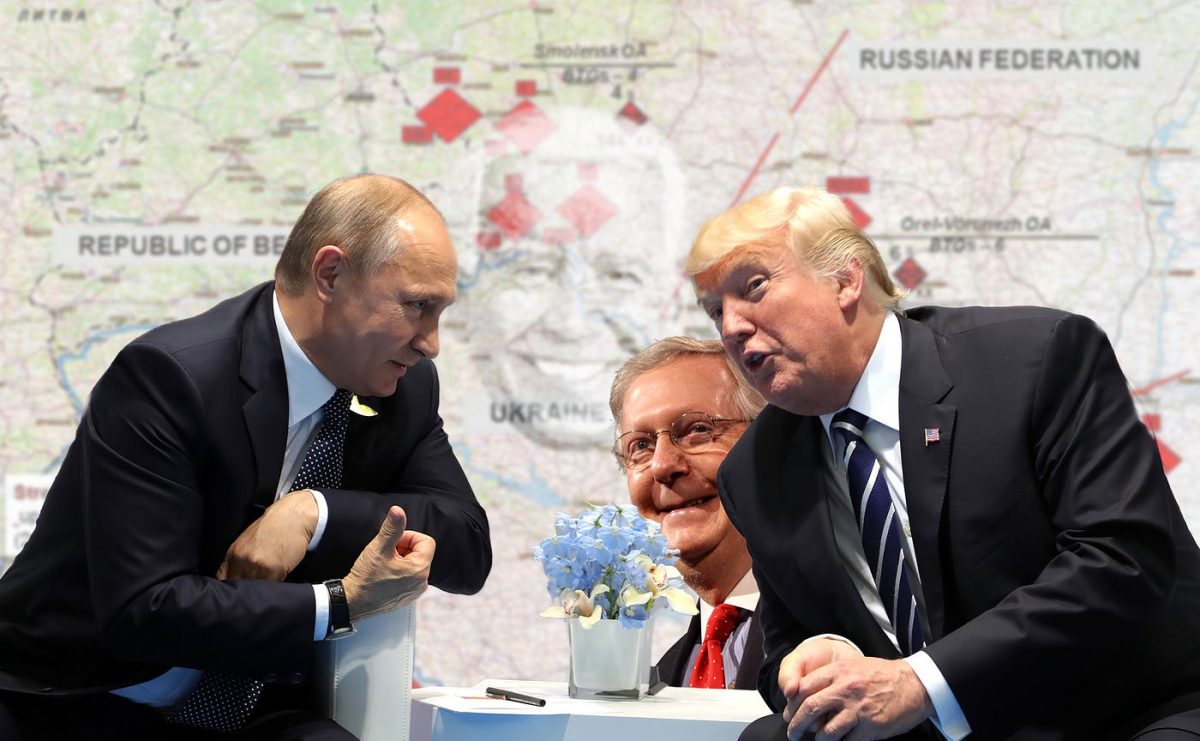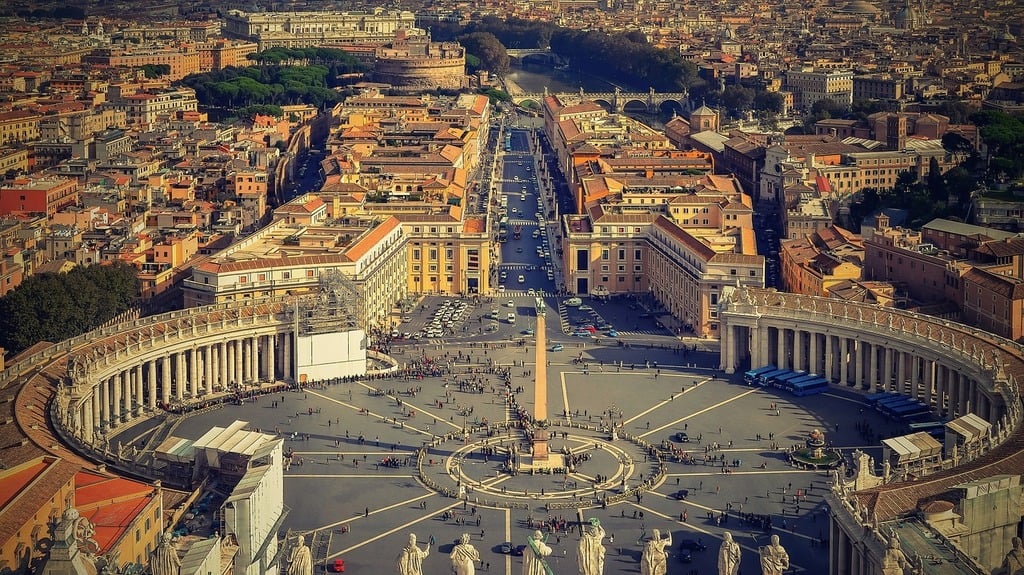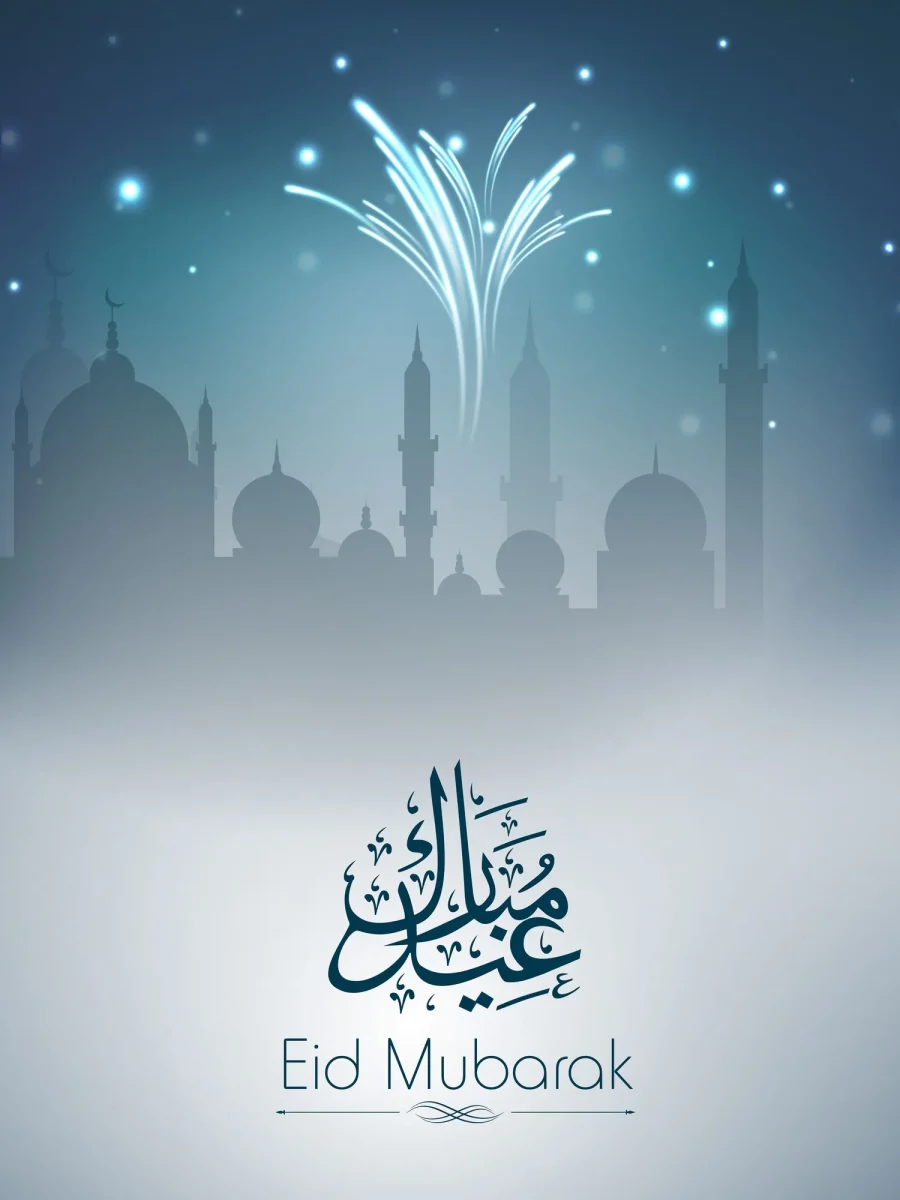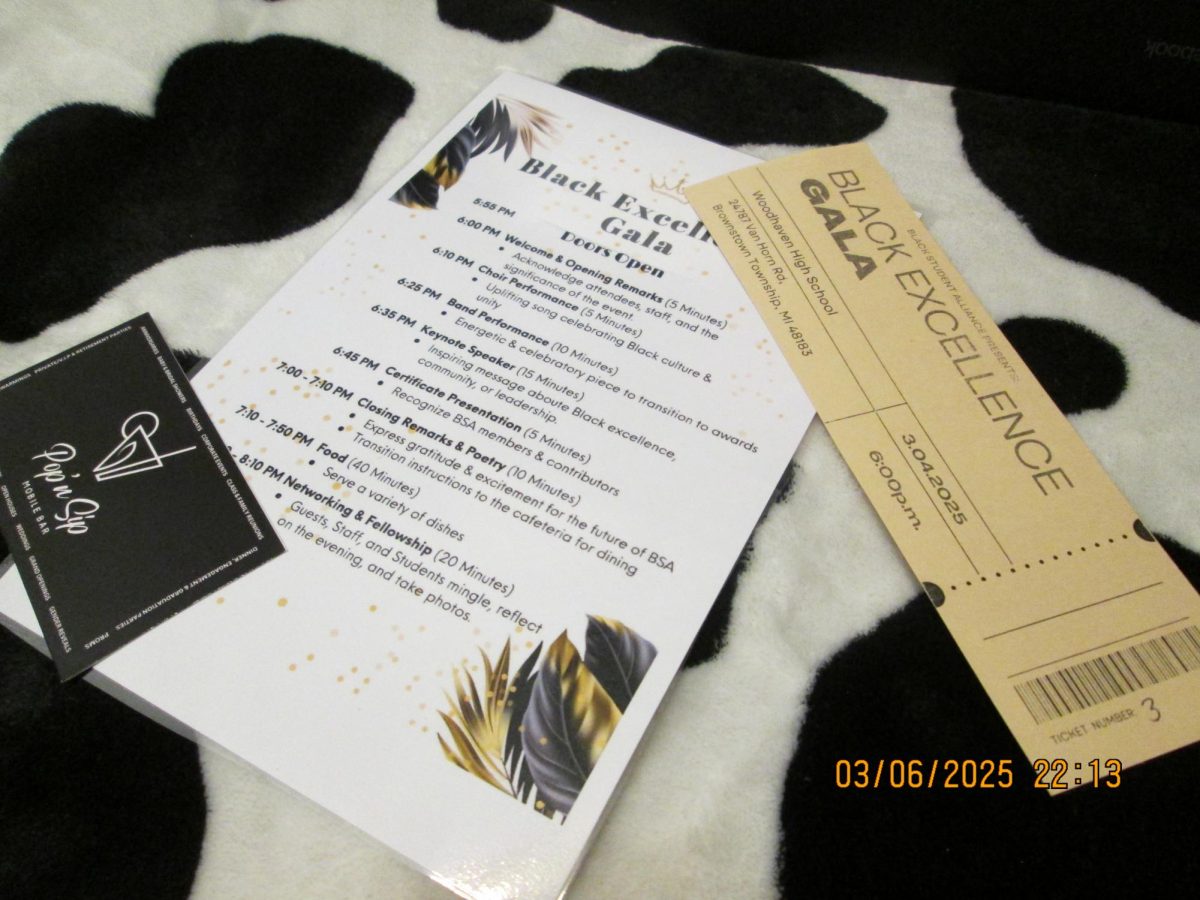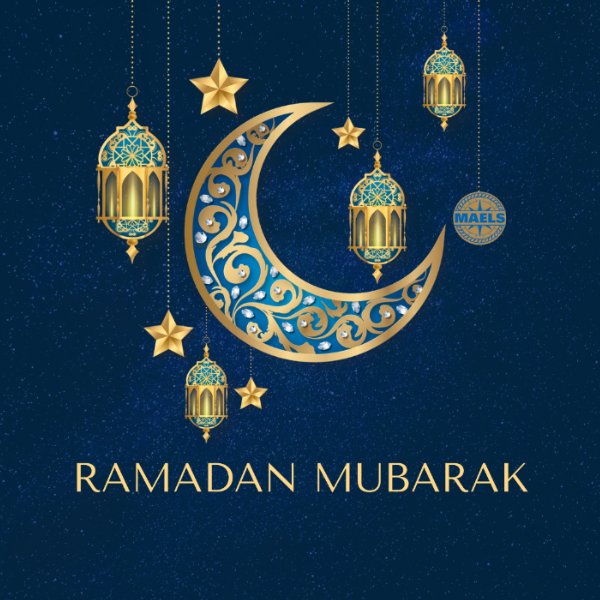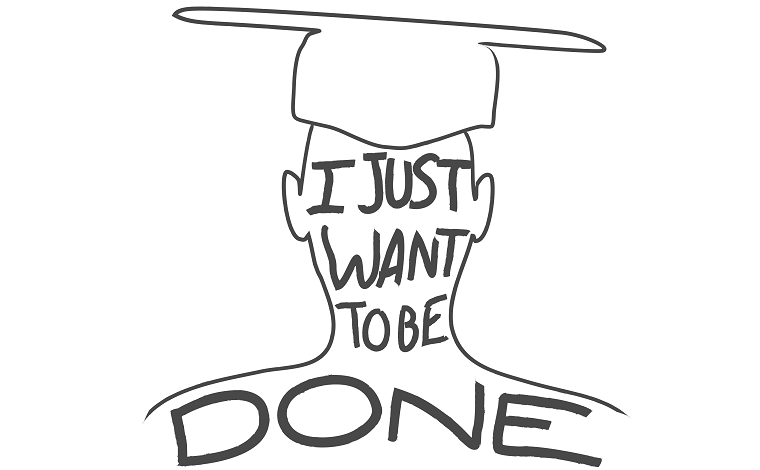We are currently entering the time of Ramadan, which is one of the holiest months on the Islamic calendar. It is a time when Muslim believers gather together to practice one of the pillars of their faith by fasting from sunrise until sunset. When fasting throughout the day, Muslims are forbidden from having any food or drinks before the break of the daily fast, which is a large dinner after sunset called Iftar.
Ramadan is not only about fasting, but also patience, self-control, charity towards the poor, and loyalty towards Allah (often referred to as The Most Glorified, The Most High).
During Ramadan, Muslim families tend to gather en masse and watch Ramadan comedy shows, stay up the whole night to eat snacks and play games together, and often will spend their time at the Masjid, which is known as a Mosque where Muslims can practice their faith by praying and reading the Quran.
Muslim families in Ramadan perform those traditions that are based on ancient guidance from the Prophet Muhammad (PBUH). Muslim families break their fast after sunset traditionally by eating dates and drinking yogurt-milk or water. The Prophets also recommended that before sunrise, Muslims should have another meal called suhoor to prepare them for the next day’s fast. WHS student Muhammad Ahsan said, “My role model Prophet Mohammed (PBUH) has helped instruct beneficial recommendations for breaking my fast and to prepare myself with suhoor to make it less challenging.”
Others in the WHS Muslim community also practice fasting at school by skipping breakfast, lunch, or any snacks offered by others. That is why others need to be considered in how other people practice their religion. Muslim and non-Muslim students who do not participate in fasting can also help by using this time to gather empathy in understanding and supporting their classmates during Ramadan.
One way to do this is by wishing them a blessed month by saying “Ramadan Kareem” or “Ramadan Mubarak” and avoiding topics about food as much as possible in conversation. This will make it easier for Muslims to ease the pain of hunger. WHS students often show special awareness and respect toward different cultures. Mariam Ahmad, a WHS student who participated in Ramadan, says, “The students in WHS were very understanding and respectful, they would not ask questions a lot and be supportive.”
The Holy Month is reasonable with the fasting conditions and it often provides exceptions for Muslims not to fast during Ramadan. The Quran says that illness, traveling, pregnancy, ingesting drink or food by accident, or women on their menstrual cycle are exceptions to fasting.
Umair Haidar, who participates in fasting said, “There were days where I was traveling during Ramadan and I couldn’t perform my fast, but I wasn’t worried as much because there were exceptions.”
However, the Quran states that Muslims are still required to make up those days after Ramadan. Other than the exceptions, if a Muslim intentionally breaks their fast, they must pay a kaffarah, which is feeding 60 homeless people or repenting the sin to Allah.
Ramadan lasts 30 days before the Muslim holiday Eid known as “Eid Al-Fitr” appears, where families celebrate for 1-3 days, traditionally rewarding themselves for finishing the holy month in peace. Sophomore Taibah Mozip, says, “Ramadan has brought excitement to me because it provides a holiday known as Eid al-Fitr where I can enjoy after by appreciating what I have accomplished.”

